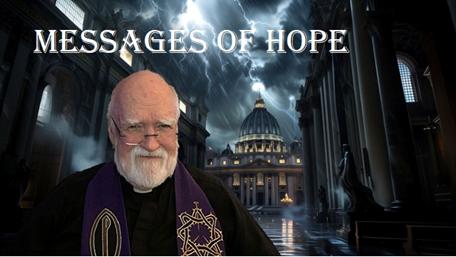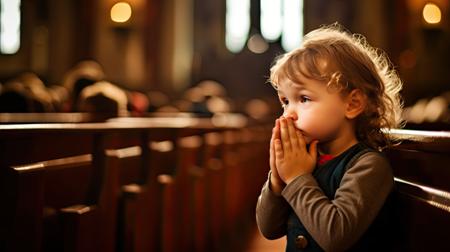|
workings of the world. With a definition that supports strict separation of Church and state, this "us vs them" theological world leans heavily on dispensationally-interpreted writings. Within this theological error born during the 19th century, these denominations say the worldly shall be dealt with supernaturally, independently and prophetically by God in the “end times”. Take note that many other less extreme congregations follow this thinking. These may include Methodist, Baptist and independent churches holding Calvinism and Wesleyan theology. Carried to unhealthy extremes, these last theological stances sometimes fall into drastic error and may form a worldview that results in such tragedy as the cultic Jonestown or Davidian massacres. Here please know that within my own Lutheran faith expression carried out in the United States, I find keen agreement with my denomination’s “Christ and Culture dialectic”. In this expression, whether as a Church leader or layman, we Christians hold the right and responsibility to dialog with, and participate in government at varying levels… and influence its expressions. With foundations in Luther and Melancthon’s opinions expressed in the Book of Concord and other Reformation era documents, which stem from the Augustinian “Two Kingdoms” doctrine, I conclude that God works within society through both Church and government. In this, it is then the responsibility of the populace of the Church to participate with, or within government to endorse or reject governmental processes, even to the point of radical civil disobedience. This molding I see as according to proper expression of both Law and Gospel. The function of biblical Law is encountered in legal structure in the Ten Commandments. They are the immutable and unchanging dictates of the Almighty will of God. These apodictic laws convict humans of sinfulness and drive us to seek salvation in Christ. Beyond these are the civil laws that are so well communicated in the books of Exodus and Leviticus. Scriptural study here, however, reveals this second quality of law revealed as casuistically founded. In "case by case" style, casuistic law flowed to the Hebrews. In these, we find that enforcement provided foundation according to a “greater good” within that society. In this way, we find such guiding items as ancient dietary restrictions against eating pork and seafood are now optional in the modern generic public domain. Many biblical scholars believe these were historically given to the wandering shepherd society that had no proper way |
|
Black Robe Regiment-Allegany-Editorial |

|
To Access Pastor Tom’s Videos Click Here! |

|
Click Here To View this Video about… “The 1916 Project” |
